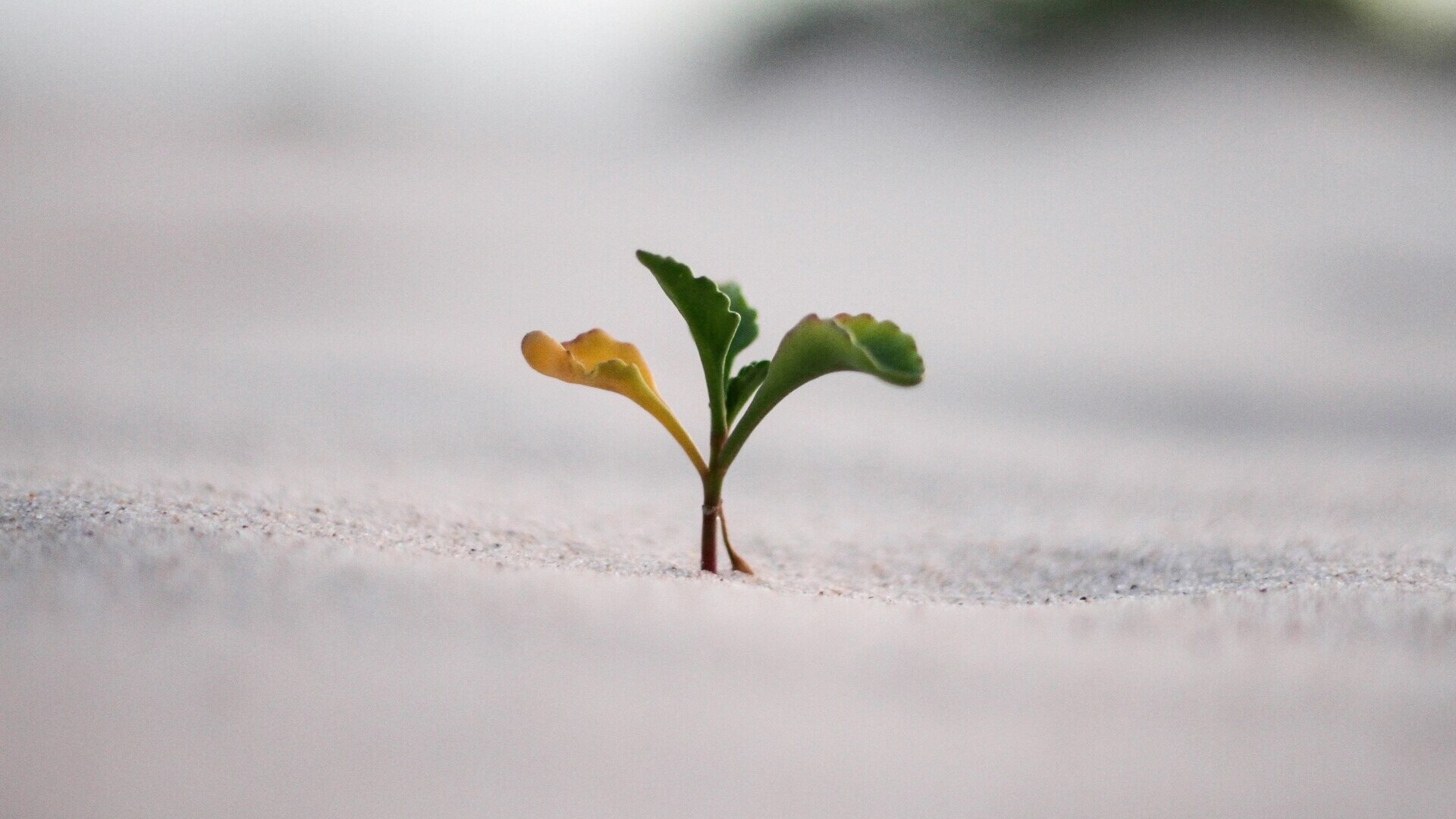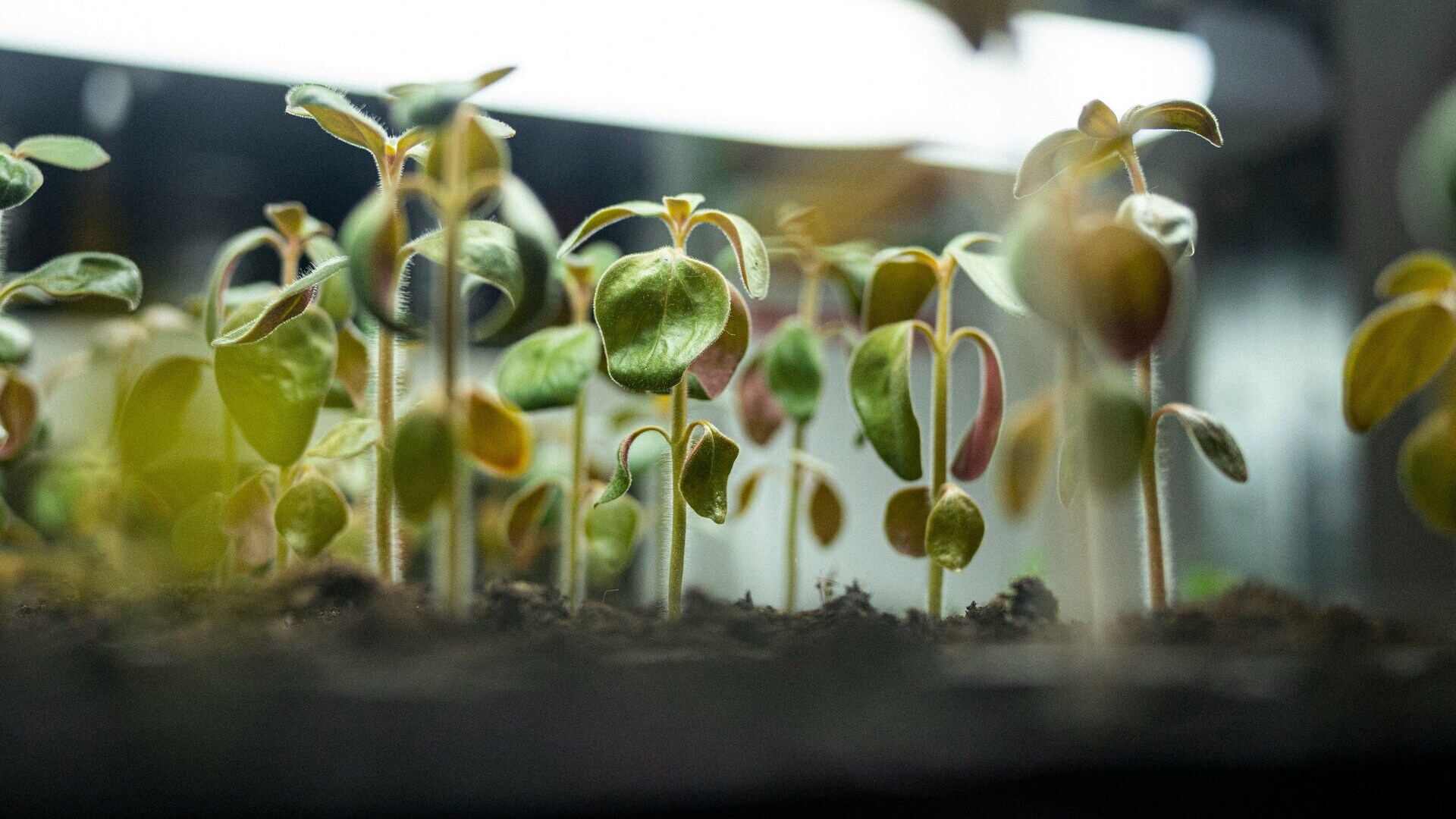
Sustainable transition? Only with social equity
Mario Calderini says: “That is why the future lies in the impact economy.”
Mario Calderini teaches Management for Sustainability and Impact at the Politecnico di Milano, where he is also director of Tiresia, the Research Center for Impact, Innovation, Entrepreneurship and Finance of the School of Management. He is also the spokesman for Torino Social Impact, a singular “alliance between public and private companies and institutions to make Turin one of the best places in the world to do business and finance by intentionally and jointly pursuing objectives of economic profitability and social impact.”
Class 1966, author of numerous publications: Calderini is the leading expert on social impact in Italy and has a particular interest for the next generations and therefore for the future, not only as a teacher but because he whole heartedly believes in it.
Beewise sat down with him to reflect on transition and sustainability. He started by saying, “The transition will be sustainable if it is imbued with social justice and fair opportunities.”
Professor Calderini, can you explain these concepts?
“Over the last two decades, we have associated the words “green” and environment with sustainability. We were convinced that the costs that we should have paid would be primarily environmental in nature. But we are now aware that an acceleration is impossible. It would cut off too many people, imposing restrictions on consumption and mobility, a collapse in employment – especially when we think of the large industries, from the car industry to the steel industry – and increasing social protests.”
Can you give some examples?
“Remember? There was an outcry against the obligatory charge of plastic bags at EUR 0.01… and again: the electric scooter. This is another case to think about. It was presented as a turning point for urban mobility, but it caused a surge in social costs: the rise in road accidents and because elderly people with mobility difficulties gave up leaving their homes for fear of being run over on the sidewalk. Well, transition and sustainability are two propellers on the move: we must be able to make them work together.”
What role should innovation play?
“Innovation has become synonymous with sustainability and vice versa. When a company is in a conflicting situation between the introduction of a new product to the market and compliance with both environmental and human rights constraints, then the innovative process must be shifted to ensure sustainability. In the past, we thought that technological innovation produced prosperity regardless.”
But that’s not how it happened.
“Correct. And it still does not. That is why I say that innovation and technology must promote inclusive sustainability, meaning that it does not cut out, and it does not exclude. Especially without “dogmas”, i.e. untouchable rules that state that everything happens spontaneously and without correction.”
Then how can we build our future?
“Innovation must be governed by a new model of public-private partnership, that is, between institutions, businesses, and citizens, in which public intervention must avoid the proliferation of unnecessary investment. Use delivery apps as an example: a government must intervene by promoting a healthy innovation culture.”
Is the role of finance still crucial?
“Of course, although much depends on the idea of capitalism that’s behind it. In the short term, technological innovation leads to social costs, such as unemployment, which are absorbed and compensated in the medium term. If, on the other hand, capitalism is exorbitant and does not reinvest and innovate, and abandons itself to financialisation, as it happened in the last few years of the last century and in the first decade of this one, the process stops, and the social costs are enormous. Over the past five years, there has been very strong downward pressure on financial sustainability.”
Is that what you experts call social investing?
“It happens when financial investment in the real economy – meaning in a very concrete, local way – originates social economy, that is, positively generative for people. Because it causes companies and investors to reinvest in impactful innovation, and this generates employment, inclusion and well-being.”
Will we make it, Professor Calderini? Will the new generations be able to change the state of things?
“Alternative choices are positively contaminating traditional finance. There are two possible scenarios: finance accepts the challenge by renouncing some of its profits to invest in innovation, or it stirs up the pressure not to change anything. Greenwashing, that is, only a cleaning of the facade but not of substance, is a tell-tale sign of a real danger.”






